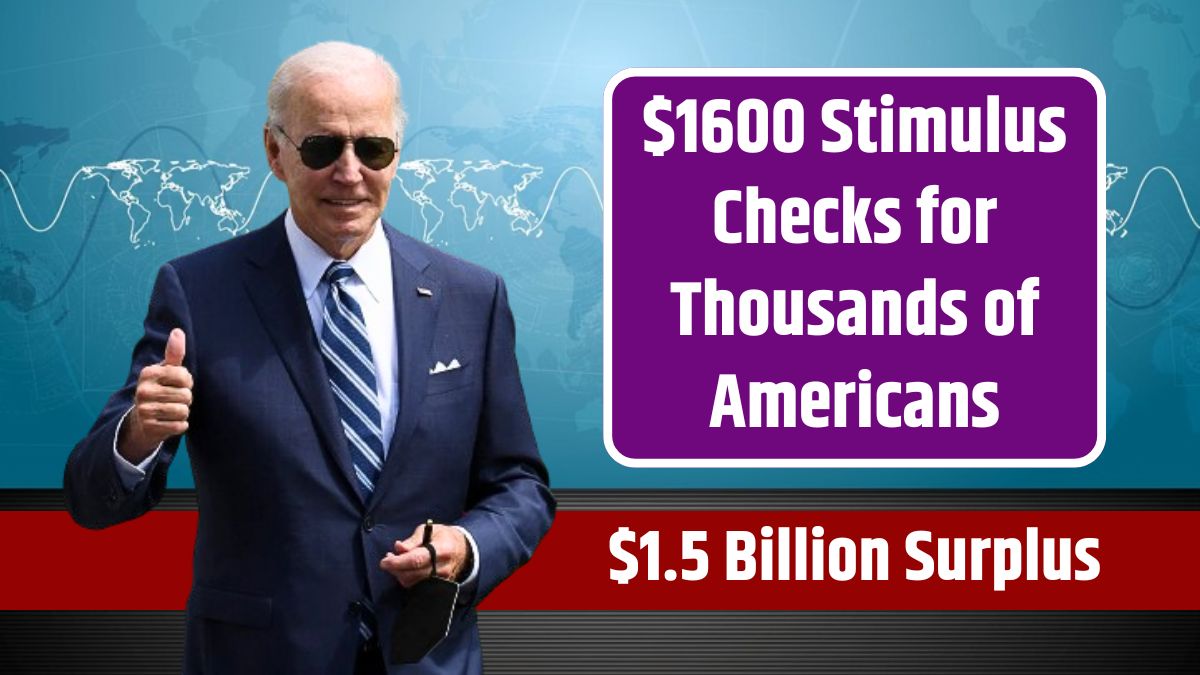Colorado residents are set to receive up to $1,600 in stimulus checks, thanks to the state’s Taxpayer’s Bill of Rights (TABOR) refund. This refund, which has been in effect since 1992, aims to return excess tax revenue to the taxpayers. However, proposed changes in the distribution method could impact how Coloradans benefit from the state’s budget surplus.
Background
The TABOR repayment system ensures that any revenue collected above a certain limit is returned to taxpayers. This policy has been praised for balancing the state’s fiscal budget and providing direct financial benefits to residents.
Current Refund System
For the 2024 tax year, Colorado taxpayers can expect refunds of $800 for individual filers and $1,600 for joint filers. To qualify, residents must have lived in the state for over a year and filed their taxes on time. The current system also acts as a check on government revenue, ensuring it stays within voter-approved limits.
Refund Amounts
| Filing Status | Refund Amount |
|---|---|
| Individual | $800 |
| Joint | $1,600 |
Eligibility Criteria
To receive the 2024 TABOR refund, residents must meet the following requirements:
- Submit a Colorado 2023 DR 0104 form by April 15, 2024, even if they have no Colorado income tax.
- Be at least eighteen as of the first day of the tax year.
- Have been Colorado residents for at least 183 days in the 2023 tax year.
- Have no outstanding Colorado income tax liens.
- Not have spent 180 days or more in jail from July 1, 2023, to June 30, 2024.
Forms can be obtained from the Colorado Department of Revenue website.
Proposed Changes
Governor Jared Polis and other lawmakers have introduced SB24-228, a bill that could significantly alter the TABOR refund process. If enacted, this bill would eliminate the legal requirement for annual refunds and instead link tax cuts to revenue collection. This change could lower the income tax rate and potentially reduce sales and use tax rates.
Potential Impact
The proposed bill suggests that if the government collects over $5 billion in extra revenue, the income tax rate could drop by up to 0.25%, potentially lowering the rate from 4.25% for the 2024 tax year. This could lead to long-term tax savings for residents and enhance Colorado’s economic competitiveness.
Benefits
The shift from direct payments to tax reductions could provide more reliable financial relief to residents. This approach may offer significant tax savings over time and help improve the quality of life for Coloradans. Additionally, it could make the state more attractive for businesses and investors, boosting overall economic growth.
Whether through direct payments or tax reductions, Colorado is committed to returning surplus revenue to its residents. As the legislative process continues, it is essential for the public to stay informed about how these changes might impact their finances. Regardless of the method, the state’s dedication to providing financial relief demonstrates its commitment to the well-being of its inhabitants.
FAQs
What is the TABOR refund?
The TABOR refund returns excess tax revenue to Colorado taxpayers.
Who qualifies for the 2024 TABOR refund?
Residents who meet specific criteria, including filing taxes on time.
How much can joint filers expect in 2024?
Joint filers can receive up to $1,600.
What is SB24-228?
A proposed bill that could change how TABOR refunds are distributed.
How might tax rates change under the new bill?
Income and sales tax rates could potentially be reduced.
